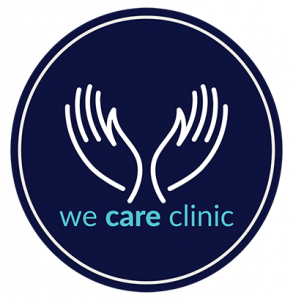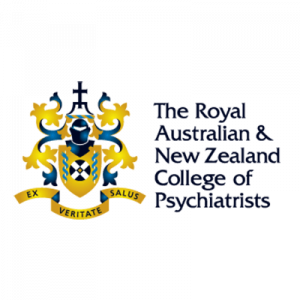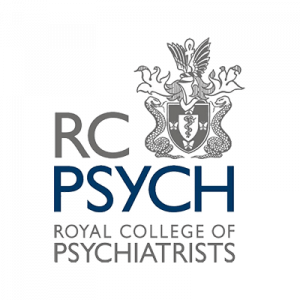Drug Abuse – Substance Use Disorder (SUD)
Drug Abuse is also called an addiction. It is characterised by an abnormal relationship with a substance (illegal drugs, substances like alcohol, caffeine, glue, nicotine etc or prescription medications) causing psychosocial decline. This may include cannabis, methamphetamine, cocaine or other illegal drugs
Causes could be growing up in an environment where drug culture is promoted. Having a peer group that includes in drug use and genetics may also play a part. Risk factors include a family history of addiction, mental health disorders such as depression, PTSD, ADHD anxiety and personality disorder, lack of family support, being exposed to drugs at a very young age.
Drug Abuse Symptoms and signs
- Salience of drug or substance seeking behaviour
- Continued use of it in spite of being aware of its harmful effects,
- Disturbance in psychosocial functioning
- Compulsion to use the substance
- Increase tolerance
- Withdrawals on abstaining
- Reinstatement of use after a period of abstinence
Diagnosis is established based on a comprehensive assessment which involves taking a detailed history and is seen by a psychiatrist after a referral is made by the GP.
This involves a series of clinical reviews where comprehensive history is taken, observing patient’s behaviour, obtaining some collateral information.
Complications include problems with social interaction, communication and behaviour which can lead to difficulties in establishing friendships/ relationships, poor outcomes when it comes to learning, employment difficulties, struggling to live independently, social isolation, stressful daily life, being harassed and bullied, developing a forensic history, accidental death due to overdose, secondary mental or physical health issues including communicable diseases
This is a condition that can be prevented. Early diagnosis and treatment help in improving the quality of life and reducing the intensity of symptoms. It can be cured.
Treatments include
- Medications
- Psychology
Compliance with treatment, establishing good sleep hygiene, engaging with your psychiatrist, understanding your illness, avoidance of substances/ promoting groups/peers/relationships will all go a long way in maintaining positive health and improve quality of life.



